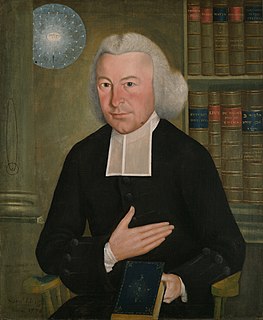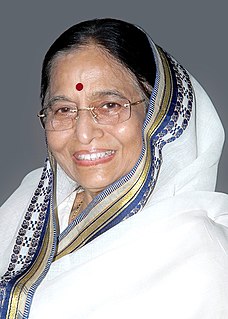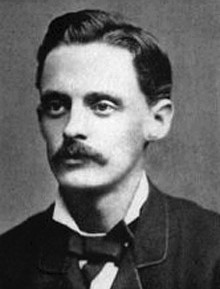A Quote by Ezra Stiles
In justice to human society it may perhaps be said of almost all the polities and civil institutions in the world, however imperfect, that they have been founded in and carried on with very considerable wisdom.
Related Quotes
In its pursuit of justice for a segment of society, in disregard of the consequences for society as a whole, what is called 'social justice' might more accurately be called anti-social justice, since what consistently gets ignored or dismissed are precisely the costs to society. Such a conception of justice seeks to correct, not only biased or discriminatory acts by individuals or by social institutions, but unmerited disadvantages in general, from whatever source they may arise.
SOCRATES: Perhaps we may be wrong; if so, you in your wisdom should convince us that we are mistaken in preferring justice to injustice. THRASYMACHUS: And how am I to convince you, he said, if you are not already convinced by what I have just said; what more can I do for you? Would you have me put the proof bodily into your souls?
I have therefore come to the opinion that the most reasonable recourse for the humanization of society and its institutions is to abandon them and begin again to build a society with a just, equitable and compassionate economy with justice, equality, and reverence for all life insured by the goals and forms of all its institutions.
Ajamu Baraka is a human rights advocate and an international human rights advocate, who's been defending racial justice, economic justice, worker justice, indigenous justice, and justice for black and brown people all over the world, and in the United States has been helping to lead the charge against the death penalty here, and is an extremely eloquent and empowering person. And one of the great things about running with him is that we speak to all of America.
The so-called ‘crank’ may be quite original in his ideas. … Invention, however, in the engineering sense involves originality; but not that alone, if the results are to be of value. There is imagination more or less fertile, but with it a knowledge of what has been done before, carried perhaps by the memory, together with a sense of the present or prospective needs in art or industry. Necessity is not always the mother of invention. It may be prevision.
The Shambhala teachings are founded on the premise that there is basic human wisdom that can help to solve the world's problems. This wisdom does not belong to any one culture or religion, nor does it come only from the West or the East. Rather it is a tradition of human warrior-ship that has existed in many cultures at many times throughout history.
I have never said that human society ought to be aristocratic, but a great deal more than that. What I have said, and still believe with ever-increasing conviction, is that human society is always, whether it will or no, aristocratic by its very essence, to the extreme that it is a society in the measure that it is aristocratic, and ceases to be such when it ceases to be aristocratic. Of course I am speaking now of society and not of the State.






































